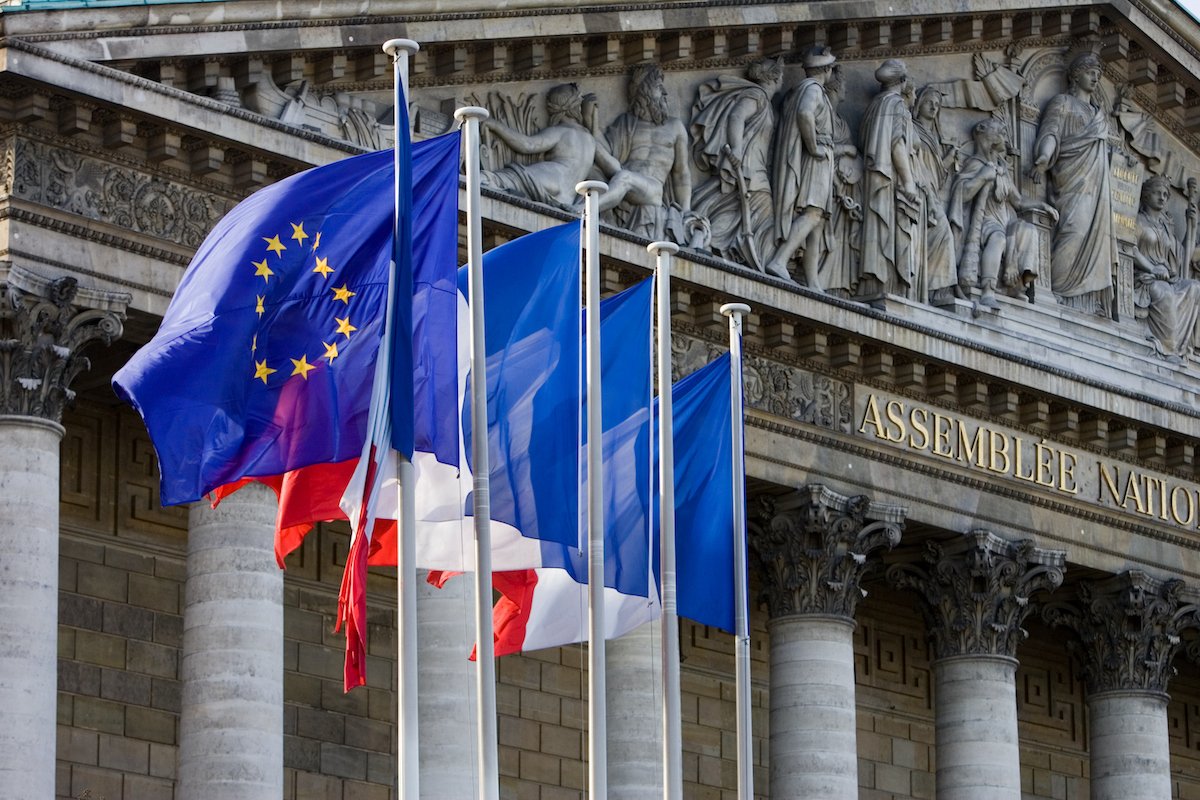In a report issued on Thursday by a parliamentary commission looking into the psychological effects of the video-sharing app TikTok on minors, French MPs called for nighttime social media ‘curfews’ for older teens.
The 324-page report by the Inquiry Commission contains 43 recommendations for the French government on how to reduce minors’ social media access, including a call for 15- to 18-year-olds to have their accounts compulsorily switched off between 10 p.m. and 8 a.m.
Other recommendations include asking the government to increase funding for national authorities tasked with tackling mental health disorders among minors and creating awareness campaigns in schools.
The proposal for France to impose ‘digital curfews’ for teens applies to “social media sites with content recommendation systems or devices designed to capture users’ attention”, with the report directly referencing TikTok – the social media app that’s popular with young internet users and which the Inquiry Commission was set up to scrutinise in March 2025.
Also on Thursday, the report’s lead rapporteur, socialist MP Arthur Delaporte announced his intention to refer TikTok to the Paris Public Prosecutor, accusing the company of deliberately exposing minors to harmful content.
“Following this hearing, the conclusion is unequivocal: TikTok has deliberately endangered the health and safety of its users,” he told French public radio FranceInfo in an interview on 11 September.
The Delaporte report originated in December 2024, after seven French families filed a lawsuit against TikTok before the Créteil Court of Justice in the Paris suburbs, accusing the company of exposing their children to content that led them to suicide.
“We categorically reject the Commission’s misleading characterisation of our platform that attempts to scapegoat our company on industry-wide and societal challenges,” said a TikTok spokesperson. “TikTok has an ongoing, robust trust and safety programme with more than 70 features and settings designed specifically to support the safety and well-being of teens and families on our platform.”
Ban social media for under-15s
The Inquiry Commission’s report aligns with an existing French government call to ban social media access for under-15s.
In June, French President Emmanuel Macron issued an ultimatum to the EU to introduce a bloc-wide ban on social media for children. The Commission responded by confirming that countries can set their own national ‘digital majority’ – meaning the age under which children require parental consent for their data to be processed. However, it also said that an EU-wide social media ban would not be appropriate, owing to cultural differences between countries.
During Wednesday’s State of the Union speech, Commission President Ursula von der Leyen said she will look at tighter social media restrictions at EU level.
The Inquiry Commission’s report urges the French government not to wait for an EU-wide ban and instead to move ahead with banning social media for minors under 15 via national laws.
“The issue of regulating major platforms is eminently European,” Delaporte told Euractiv, expressing frustration at the sometimes “slow and complex” process of EU-level lawmaking.
France must “be a pioneer in regulating algorithms and protecting users”, he suggested, arguing: ”It is urgent to combat exposure to shocking content and the platforms’ inadequacy in moderating it” – and using the Danish Council Presidency to “drive this momentum to ensure a healthier digital environment”.
The French report also touches on the upcoming EU-level Digital Fairness Act (DFA), expected from the Commission next year.
France has said it would support the DFA including stronger obligations on social media platforms, such as giving users more controls over algorithmic content feeds, expanding the diversity of recommended content and injecting mandatory randomness into algorithmic recommendations.
Théophane Hartmann contributed reporting
(nl, aw)
UPDATE: Updated at 15:06 on 11 September to include TikTok’s statement




